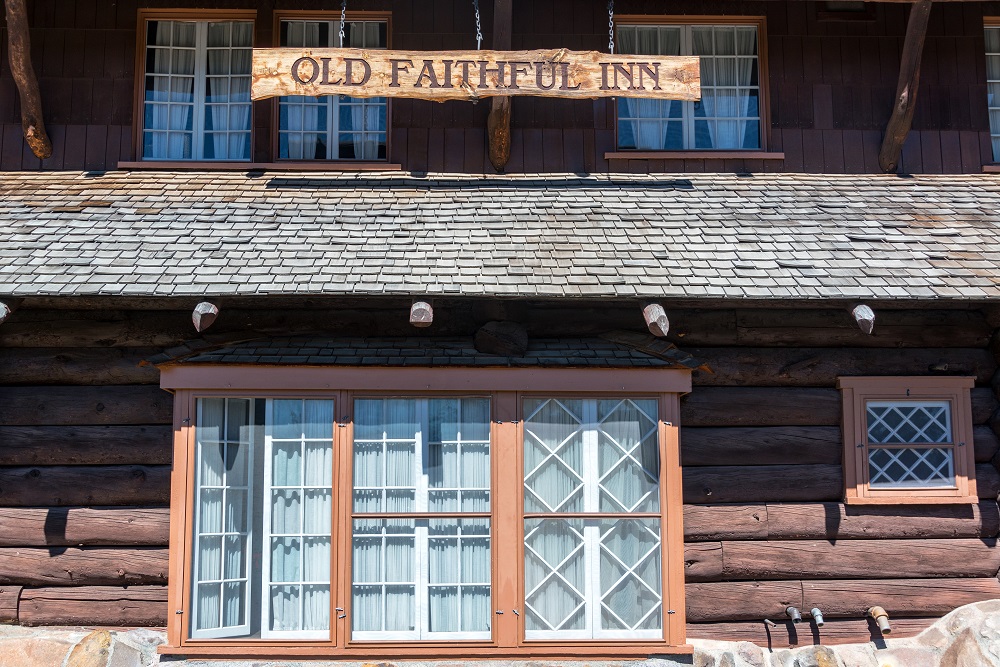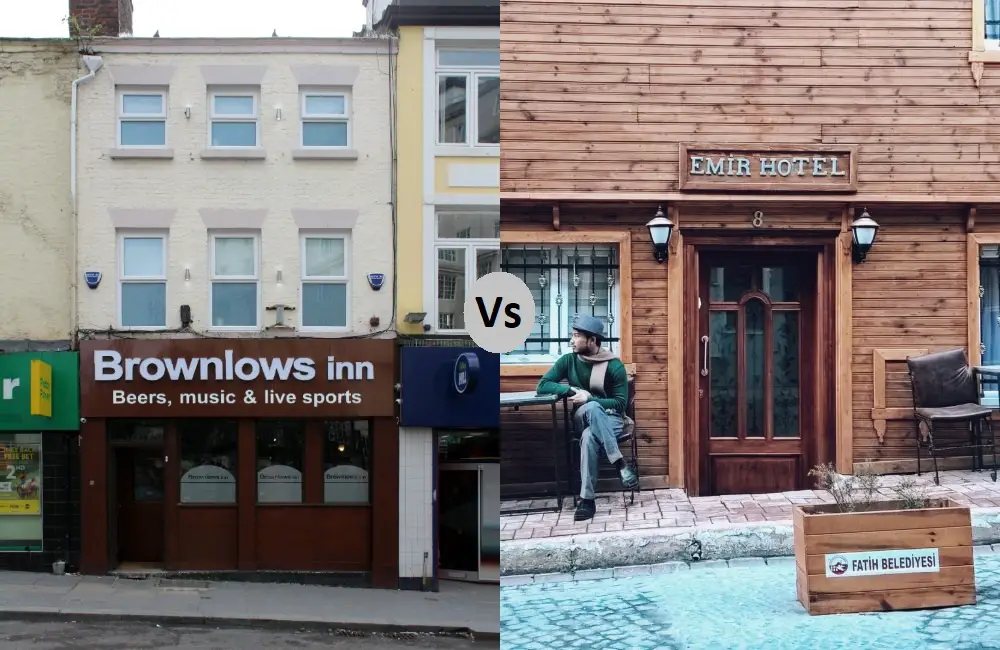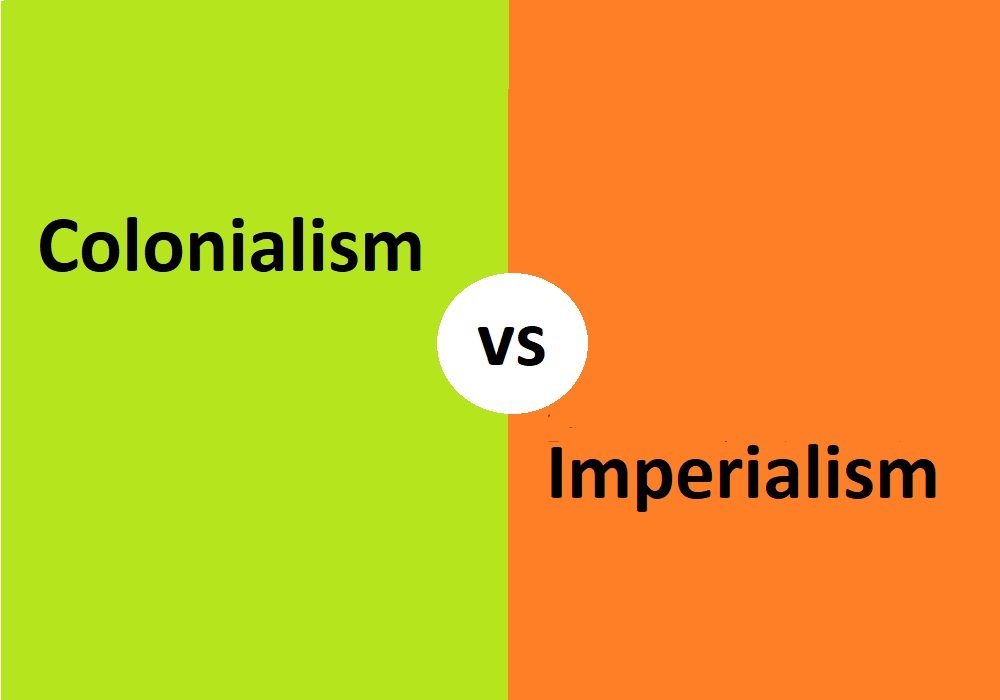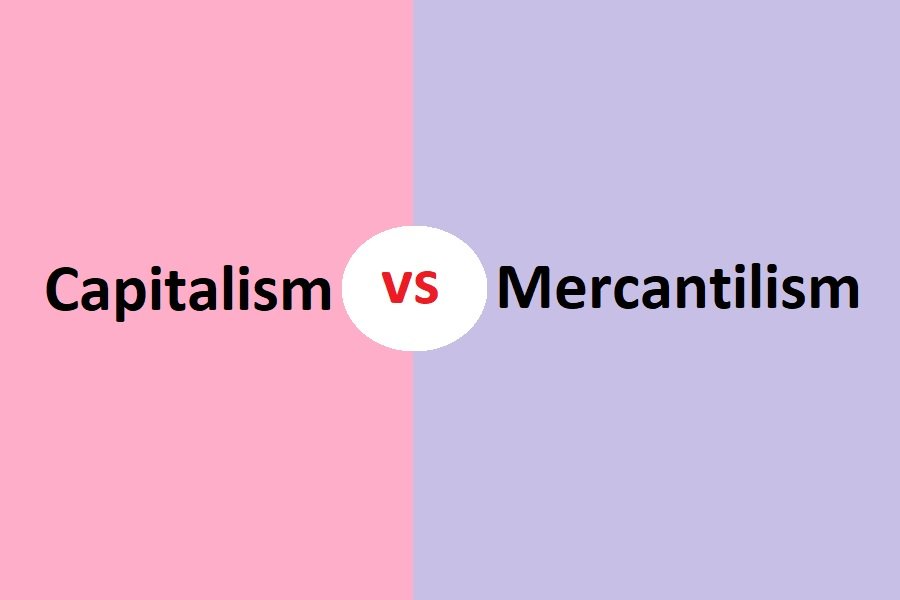What’s The Difference Between Inn and Hotel?
While making bookings for a vacation, many of us get confused regarding whether to book a hotel or an inn. Although these two terms are often used in similar ways, the difference between inn and hotel is significant. You can get to know them here from this inn vs hotel comparison guide.
Inn vs Hotel: A Brief Overview
The main difference between a hotel and an inn can be found in the variety and scope of the services they provide.
Inns are small establishments, mostly located along a highway or countryside, providing lodging, food, and services to travelers. Usually, inns have intimate settings and do not offer as large a variety of services that a hotel does.
On the other hand, hotels are usually large buildings established for commercial purposes located at the heart of a town and known to provide a wide variety of services and amenities.
What Is an Inn?

Inn – a place located near a highway to offer travelers lodging – has a history that dates back to the Romans. During medieval times, inns were located near city gates to give tired travelers a place to stay the night. Even now, the purpose of the inn is roughly the same.
Usually, inns are small cozy places and do not have too many rooms. The floors are also limited to 3 floors mostly.
In terms of services, inns offer a much smaller range of services than hotels do. The services are generally limited to lodging, food, and sometimes complimentary breakfasts.
One of the best things about inns is that they are usually located in the countryside and have very few distractions around; this helps the resident connect with nature and gain insights into the location’s culture. The cozy setting of inns also makes room for intimacy and comfort.
Early on, families often used to use any extra property to set up an inn and manage it themselves. But nowadays, inns are created for commercial purposes and need additional staff to be managed, even if run by a family.
Still, the staff number is very small compared to hotels, and along with the fewer services, they help make the inn less expensive.
An inn should be the first choice of residence if you are looking to get away from the hustle for a while and to have a peek at the interesting culture of the locals. In addition, if you are on a strict budget, then this should be the first choice too.
What Is a Hotel?

Hotel is a word that has been around since 1765. It gets its meaning from a French term – which is used to denote food, lodging, and drinks to people who stay there.
Typically, hotels are large and have many rooms and floors. The rooms are usually categorized into many types, and the expense depends on the type of room you will be choosing.
Hotels offer various services and amenities in order to make the residents comfortable. They generally also have a large number of staff to make sure that all the service is being provided efficiently.
To make going to important places easier, hotels are located at the central points of a city and have airports, shopping malls, and other necessary places at close reach. Gyms, spas, pools, recreation centers are often included within a hotel’s amenities.
Hotels can be quite expensive as it includes the charges of all the different services, but the expense differs based on the category of hotel you are staying in or the type of room you are choosing.
Since hotels are spacious and have a steady stream of revenue, travelers can choose to stay here for as long as they want and enjoy all the facilities.
Overall, a hotel is a great place to stay if you are looking forward to enjoying some amenities at your own time and need an area that has access to the main town.
Learn The Differences Between Hotel And Motel
Main Differences Between Inn and Hotel
- Hotels are quite large and have similar luxurious designs, while inns are small, homely, and cozy.
- Hotels are located in urban areas, usually at the heart of a city with important locations nearby. Inns are located in the countryside or along highways.
- Hotels offer a wide range of services and amenities, from spas to childcare and recreational centers. That is not the case with inns, as they only provide shelter and food.
- Inns can give residents a peek into the local culture, but hotels are quite culture-neutral.
- Hotels allow travelers to stay for long periods, but this is not encouraged in inns.
- Hotels are managed by a large number of staff, while only a handful of people administer inns.
- Hotels can be quite expensive, but inns are great for strict budgets.
Some of Our Articles You May Want to Read:
- Difference Between Condo and Townhouse
- Difference Between Residential and Commercial Real Estate
- Highway Vs. Freeway: What’s The Difference?
The Comparison Table
|
Parameters of Comparison |
Inn |
Hotel |
|
Size |
Inns usually are small and have about 1 to 3 floors. |
Most hotels are huge, with around hundreds of rooms, lots of floors, and extra space for a wide variety of additional amenities. |
|
Location |
Inns are located along highways and in countryside areas where travelers can easily see them. |
Hotels are located at the center of the city, close to important places like airports, shopping malls, and tourist destinations. |
|
Amenities |
Inns only provide accommodation and might be sometimes equipped with a small swimming pool and in-house breakfast facility. |
Hotels offer a huge ton of services such as breakfast at in-house restaurants, gyms, spas, swimming pools, casinos, minibars, childcare centers, conference halls, and many more. |
|
Architecture |
Inns usually are small and quaint and designed in a way to provide an intimate, cozy feeling. |
Most large hotels have the same kind of design, with the reception being located on the ground floor and the top floors being used for accommodation. |
|
Accommodation Timing |
Inns usually offer short-term accommodation services. |
Hotels may offer long-term accommodation services – ranging from a few days to months on end. |
|
Culture |
Inns offer travelers the chance to experience the unique tradition and culture of the place they are visiting, and the food is also local. |
Hotels do not give a peek into the culture of the country/city you are visiting. Every hotel is quite similar in terms of design and service. |
|
Food |
Inns do not have any additional restaurants, nor much in terms of variety. The food options are all local. |
Hotels have in-house restaurants, and these offer all types of cuisines for you to choose from. |
|
Staff |
Inns are often managed by a family, and they are also the staff. Some inns employ a small amount of staff to deal with additional work. |
Hotels have a lot of staff for each kind of service, including concierges, bellhops, receptionists, housekeepers, chefs, parking valets, etc. |
|
Expense |
Inns are not too much expensive. |
Hotels are usually quite expensive. |
Conclusion
The conclusion of the inn vs hotel debate is that while both hotels and inns are great places to stay, choosing one has to be based on your preferences and purpose. If you just want to relax and have access to as many amenities as you can, book a hotel as long as money is not an issue.
But if you just need a place to rest while traveling or are looking to get a taste of the local culture, inns are definitely the best choice.






